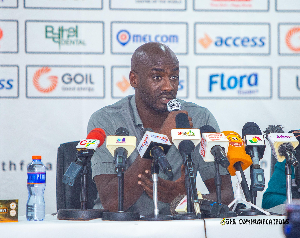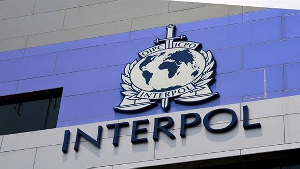Professor Philip Baba Adongo of the Department of Social and Behavioural Sciences, University of Ghana (UG), says there is the need to change the focus of the educational campaign on Ebola due to misconception.
“There are many misconceptions about the disease, Yes, people know about Ebola but they also have a lot of misconceptions which need to be addressed,” he said at a meeting to disseminate findings of a study on the Ebola Virus Disease and Medical Care in Ghana.
The study was commissioned by the World Health Organisation (WHO).
Prof Adongo of the School of Public Health of the UG, said there is the need to change the focus of the educational campaign due to the misconceptions about the causes and transmission of the disease.
“The misconceptions could lead to people going for care and treatment at wrong places; some could go to churches, herbalists or spiritualists for healing because they think that the disease is spiritual.”
He said there is the need to start developing messages on Ebola so that the people could easily identify with to help in the understanding the disease.
In the near future, communities should be sensitised to accept a ban on funerals should there be an outbreak of the disease in Ghana, or better still, look at a better way of mourning the dead," he suggested
Prof Adongo also proposed that there should be continuous screening of people at the various entry and exit points in the country.
Dr Emmanuel Assampong, also of the School of Public Health, UG, in a presentation on how health workers react to the disease, said there is a lot of fear among health personnel and it is difficult getting people to work in the Ebola treatment centres.
He noted that there was a time that it took about six hours to get a sample of blood from a suspected Ebola patient at the Nogouchi Memorial Institute because no health personnel was ready to go forward and take the blood sample for fear of being infected.
Dr Sally Ann Ohene of the WHO said even though Ghana is yet to record any confirmed Ebola case, social factors have hindered efforts to control the outbreak in the three most affected countries.
She said WHO commissioned the study to determine the existing public knowledge on the disease, identify population level barriers that may hinder the containment of Ebola in the event of a confirmed case and to explore the appropriate social mobilisation strategies in communities in preventing the transmission of Ebola, should it be recorded in the country.
She said the findings would provide invaluable baseline data to guide efforts in refining the social mobilisation strategies, activities and messages.
Health News of Friday, 24 July 2015
Source: GNA
















